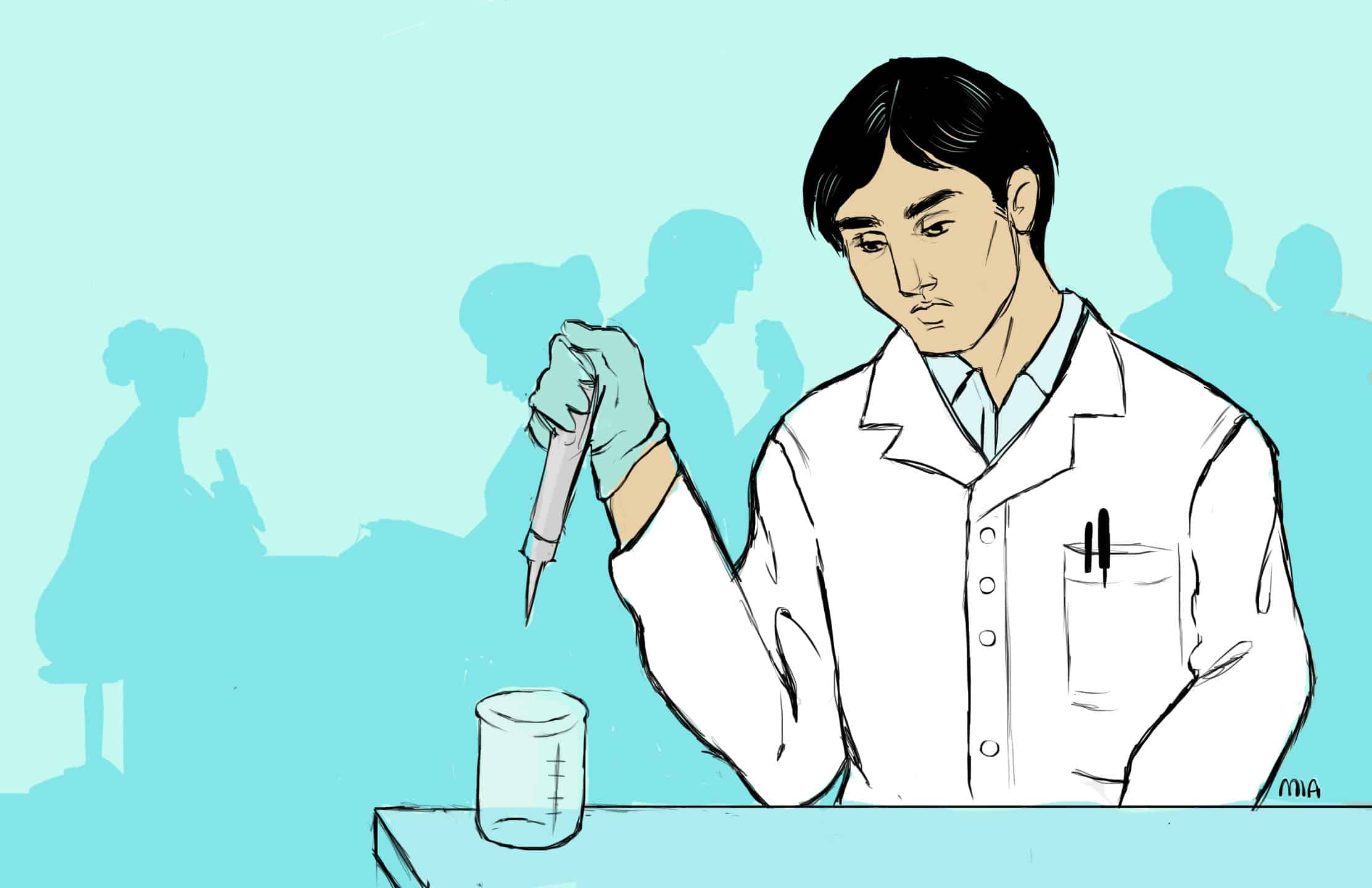‘Open science’ is a term used in the scientific community to describe a barrier-free approach to research whereby findings, data, and materials are shared expediently and openly within the academic community. The hope is that open science, if widely adopted, will accelerate discovery and innovation by making scientific findings more readily available.
McGill University’s Montreal Neurological Institute and Hospital embraced an open science approach, claiming to be the first academic institution to make such a commitment. Accordingly, the institution published five guiding principles for their open science commitment: share scientific data and resources; open external research partnerships; share research participants’ contributions and protect their rights; do not file patents; and respect academic autonomy.
The institute has since received over $100 million worth of donations from federal, provincial, and philanthropic sources.
Larry Tanenbaum, a Canadian businessman and chairman of Maple Leaf Sports and Entertainment, donated $20 million in December 2016 to establish the Tanenbaum Open Science Institute, which will fuel the discovery and application of treatments for neurological disease. The main goal of the institute is to “accelerate brain research and discovery to relieve suffering,” Tanenbaum told CBC News.
Prime Minister Justin Trudeau praised Tanenbaum for his support of open science. “The vision around open science, recognizing the role that Canada can and should play, the leadership that Canadians can have in this initiative is truly, truly exciting,” Trudeau told CBC News.
Jason Karamchandani, Assistant Professor of Pathology and Neuropathologist at the Montreal Neurological Institute, will oversee most of the new institute’s projects. He is most excited about the patient-centred aspect of open science. He argues that the patients suffering from these diseases do not care about who makes the discoveries.
“They want treatments. So anything we do that delays the development of effective therapies is contrary to the interests of the patients that we’re here to help,” said Karamchandani.
University of Toronto Professor Aled Edwards thinks other Canadian universities and hospitals should follow suit. Not only will open science “attract industry partners and funding… [but it] will also stimulate local economies, by giving budding student entrepreneurs invaluable insight into business needs and enabling them to launch companies based on a keen knowledge of the market,” Edwards wrote in an opinion piece for The Globe and Mail.
Although data-sharing and collaboration have several undisputed benefits, Dr. Leslie Chan, Associate Professor at UTSC, isn’t entirely convinced that the approach will spur innovation and discovery.
“Certainly, in theory it should stimulate innovation. That is allowing new kinds of interactions to take place in terms of doing science and sharing science and also funding science, because again a lot of those models are not working well for a majority of scientists,” said Chan.
Chan stressed that there are different types of open science, all of which are relatively new and lacking in evidence-based research.
According to Chan, there are two issues regarding open science: philosophy and practice. In theory, “we want to share [our research] as broadly and as early as possible,” Chan said, but concerns over patient privacy pose a significant problem, as does the possibility for the data to be misused. “While I’m in favour of it I also say we need to move cautiously so we can develop these guidelines and principles in ways that the community has good support and buy in before you really try to push it onto the community,” remarked Chan.
Chan, however, believes that the researchers themselves who have chosen to partake in open science are pioneering. “They are not doing things the majority of traditional scientists would do, right? So, in that sense I think they in themselves are innovative. I mean, open science itself is innovative,” argued Chan.
With respect to patents, Chan believes that prohibiting the patentability of products is largely advantageous. He mentions the polio vaccine, which was purposefully unpatented and has led to the near-eradication of polio. “But if you look at other drugs that are patented, HIV/AIDS anti-retrovirals, [they’re patented and] those diseases are still around. We see the diseases lingering because this is in the interest of those drug companies,” remarked Chan.
Chan believes in the philosophy behind open science and is hopeful for its future. “Scientific knowledge really is a form of public good and so patent is the wrong way to go and I think that is essentially what these groups are saying.”


